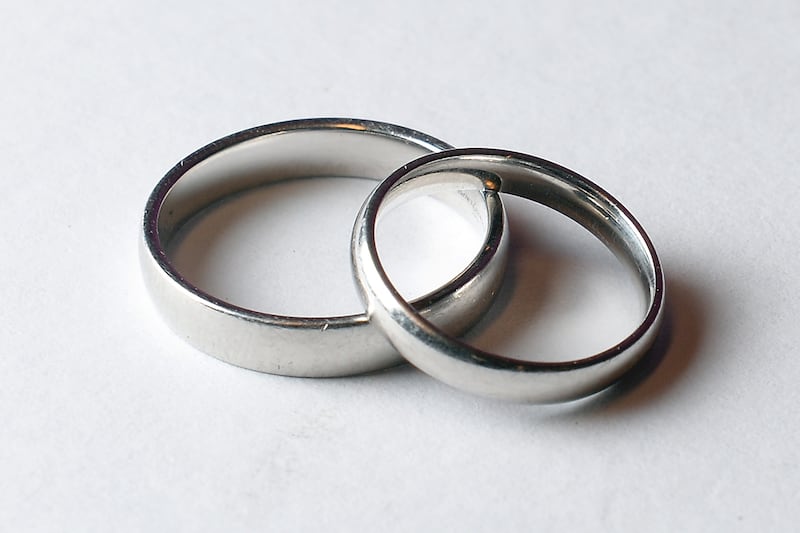August 10 1974
Anti-internment marches and meetings in Belfast, Newry, Armagh and other centres passed off last night without any major incidents. They followed a day of widespread hijacking incidents and by the evening, streets in republican districts of Belfast and Newry were littered with burnt-out wrecks of commandeered vehicles – cars, buses and lorries.
The Belfast protests against internment without trial will be renewed tomorrow when a march gets under way from Beechmount, in the Lower Falls, to Long Kesh.
A spokesman for the organisers, the Political Hostages Release Committee, said last night: “A united campaign against repression is crucial at this time.”
At the same time the Official Sinn Féin in Dublin called for a united front to be formed by the Ulster Workers’ Council and the Northern Ireland Civil Rights Association to end internment.
A big republican rally was held last night at Dunville Park, Falls Road, and at Newry, Armagh, Strabane and Crossmaglen. After the Belfast demonstration had broken up, part of the crowd stoned the Springfield Road police-army station.
In Newry, about 400 people marched from Derrybeg through the town centre and held a rally in Marcus Square, which had to be curtailed because of torrential rain. Later there were several bursts of fire from high ground overlooking a UDR centre on Downshire Road, on the outskirts of the town.
Soldiers returned the fire but there were no reports of any casualties.
At the Armagh rally, the SDLP were accused by a Provisional Sinn Féin speaker of having prolonged internment by two years through entering into talks with the former Secretary of State, Mr William Whitelaw.
Addressing a crowd of about 200 at Irish Street corner, Mr Aidan Corrigan, spokesman for East Tyrone wing, Provisional Sinn Féin, said that during the no-talks era Stormont had fallen and 750 internees were released. Since the SDLP started talking the number had risen from 200 in August 1972, to the present figure of 600.
While the protesters blocked the street junction to traffic, some 500 yards away in the city centre and out of sight of each other, 21 Protestant bands took part in a fundraising parade. There were no incidents. There were no troops in Irish Street and police were on duty in the city centre.






